Is there anything wrong with withdrawing life support to a person who seems unlikely to recover and is unconscious?
This is a difficult decision. Some practical thoughts are as follows. Perhaps it would be help to think about it another way, not a matter of “right,” and “wrong,” but instead a matter of making the most informed decision possible based on pure motivation. Buddhism emphasize that the key to right action is the right motivation. There are many situations where there are no “right” answers, clear answers or easy answers, and this may be one of them. When there are no “right” or easy answers, there are only intentions – intentions based on values, vows and compassion to base ones decisions on.
If I were in that situation I would attempt to find out as much as I could about the person’s wishes and attempt to stick as closely to that as possible. Their family’s wishes also matter. This is a difficult part of dealing with death of loved ones is that sometimes family politics are a real factor. Keeping peace among the family is a legitimate concern and promoting harmony among the family will be of benefit to the person passing.
From the Buddhist perspective, traditionally speaking, a Lama would be consulted to see if that person’s consciousness has already left the body or not. Then a practice known as “transference of consciousness” (Tib. འཕོ་བ, ‘pho ba) would be done to help that person’s mental body make the optimal transition. Buddhists believe that though the body dies that there is mental body that continues to journey from life time to the next, carrying with it the residue of karma with it. How the person’s mental-body leaves the physical form affects the experience of the post-death state and of the future birth. This is why Lamas trained in such a practice are consulted in order to help the person transition. For our community Gyaldak Rinpoche offers these services (info@ngakpa.org). Ideally this practice is believed to liberate the person from the clutches of karma altogether or help them to go through the transition with greater peace and towards a positive rebirth. Then once this is done, withdrawing life support would not be considered “cutting the life-force.”
These are profound matters and it is beyond my scope of knowledge to say definitely what does and does not happen at the time of death but these are the Buddhist teachings and practices on these matters. What I have observed is that in these cases, having the Phowa (‘pho ba) ritual performed for the loved ones can help the entire family grapple with the reality of the loss of their loved one and help them to let them go and have peace. Buddhist teachings point out that dying can be a terrifying experience for the person and their loved ones, to have guidance towards peace in such a time can transform it from a terrifying to peaceful experience.
Here is a link to arrange for a Buddhist Lama to do the death rites for your loved ones.
Here are the Links to the series Below.
Buddhism on Death & Dying Part 4: Practices for the Deceased
Also related- the prayer we read to those dying. Although it requires some training and transmission, reading about it can be beneficial to help understand what important learning could happen during the period before death (from the Buddhist point of view).

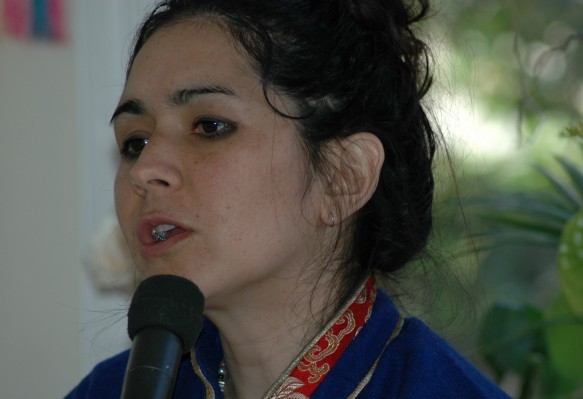
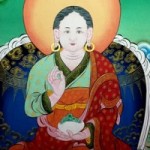
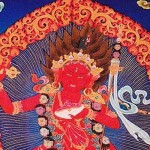
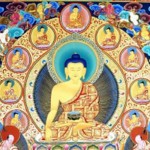
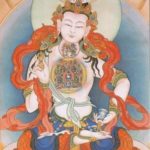

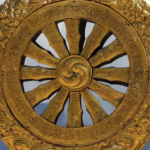
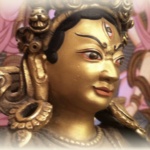

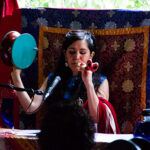
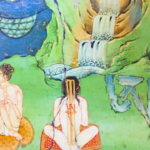
Thank you. it’s great to have this information!